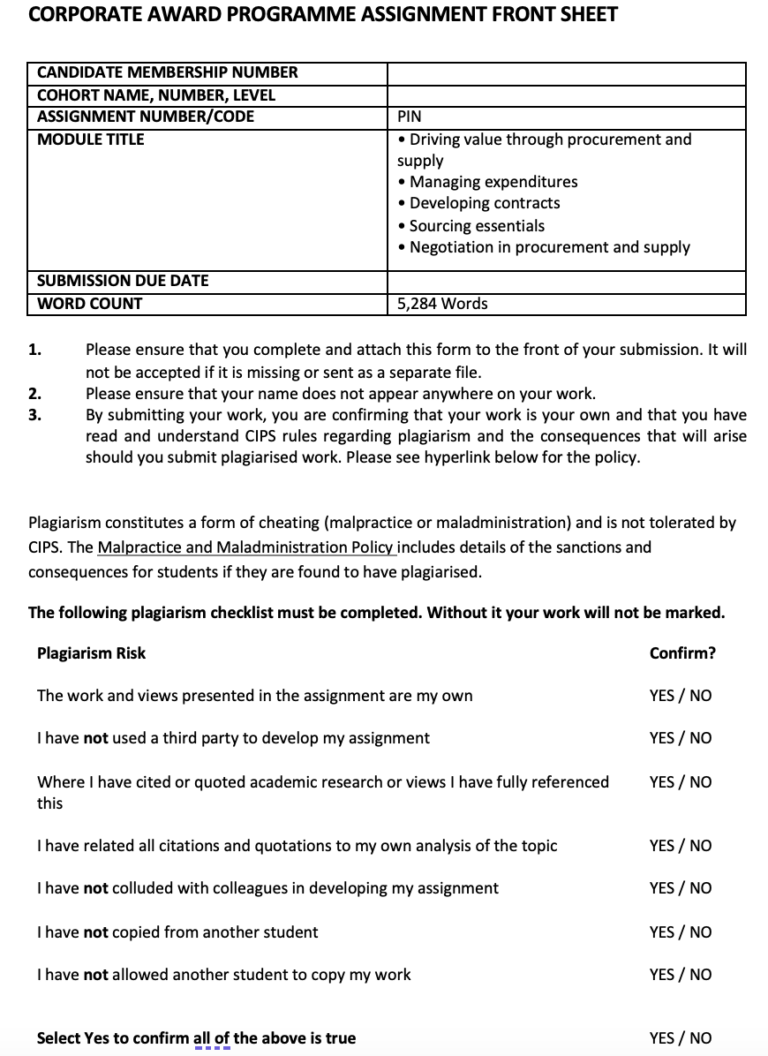Description
Solution
Knowledge Required for Leaders and Managers
Leaders: Leaders at Saudi Aramco need to have a thorough comprehension of global energy markets (CIPD, 2014). In the oil and gas industry, with its complex geopolitical, economic and environmental issues at play, leaders must also understand the changes in the operating climate. This knowledge enables them to make sensible strategic decisions that aid their company to follow the global trends and maintain sustainability and growth long term.
Managers: Aramco’s managers require knowledge about the operational efficiency and resource management. This means understanding of the technical processes, the optimisation of work flows, and the efficient use of personnel and equipment to reach the production targets and maintain the cost effectiveness.
Comparison: Leaders need to know more, in terms of external markets and long-term strategy, while managers need to know more of day to day operations. Leaders have to look globally and strategically, while managers simply manage internal processes. The levels of thinking required for both roles are very different, but both are critical-thinking roles.
Skills Required
Leaders: Strong strategic decision-making skills are required of leaders. This involves analysing complex information into actionable decisions that will define the company’s future direction, particularly in areas like energy transition and sustainability initiatives.
Managers: Due to daily operational issues, managers require strong problem-solving skills (Kotter, 2008). In other words, they must be capable of addressing the production, workforce management and resource allocation problem to achieve smooth and efficient operations.
Comparison: Although both leaders and managers require decision making and problem solving, leaders are concerned with long term, high level strategy, while managers tackle immediate, operational challenges.
Behaviours Required
Leader: A leader is expected to think visionary and addresses the team with a clear picture of the future. The reason for this behaviour is that it motivates employees to do what is good for the company in the long run.
Manager: Accountability from managers is crucial so that they can track their team’s performance against targets and other similar performance parameters like operational standards (Pearce, 2004). It means that they take full responsibility for achieving objectives, for working to very high standards.
Comparison: Leadership focuses on visionary behaviour which is more inspirational and future oriented whereas managers’ behaviour is based on the accountability. Both are critical to organisational success, as leaders set the direction and managers make it happen.
Areas of Improvement
Leaders: Leaders need to improve on their emotional intelligence, so as to understand the emotional dynamics of their teams. This would create a deeper and more effective relationship and communication even in challenging times.
Managers: To delegate more effectively, managers can improve their delegation skills so that they do not undermine team members power. Managers can delegate more responsibilities to their teams, so that they get more time working on employee development and engagement.
Please click the following icon to access this assessment in full
Related Papers
(Solution) 5CO01 (AC1.4) Assess the scale of technology within organisations and how it impacts work
(Solution) 7C003 Assess the benefits of networking to enhance own career and contribution to organisational effectiveness
(Solution) Assessment ID / CIPD_7CO02_24_01 Question 7 (AC 2.3) development of asynchronous e-learning
(Solution) CIPS PIN Final Assessment Negotiation in procurement and supply
- In this integrative assessment for Corporate Award Program establishes it has provided a formal commercial negotiation for Occidental of Oman operating in oil and gas industry.
- Commercial negotiation plan has been developed by reference to data, factual information and CIPS tools. HSE and chemicals portfolio spend category has been identified and evaluated in-depth to come up with an appropriate negotiation plan.
- The importance of identifying the HSE and Chemicals are informed by the previous COVID-19 pandemic which has informed on the need for adopting healthy business environment which is free from any infections.
- Further, coming from the pandemic where the level of business operations had significantly reduced and the organisation need to restart their operations by cleansing their systems and machines. In this case, the need for HSE and the chemicals portfolio in Occidental of Oman has been in an upward trajectory.
- For negotiation successful implementation, Occidental of Oman involves professionals, terms and conditions initiated, holistic readiness and streamlined procurement and supply chain approaches. This is with good forecast and plans being core for guaranteeing customers services delivery on time.
- From the analysis, different tools including SWOT, PESTLE and 4R’s have evidenced that Occidental of Oman is always on the advantage of ensuring they achieve the Best Alternative for Negotiated Agreement (BATNA).
- Also, this report highlight the need for holistic planning by prioritising on all expectation from the initial opening to the closure and agreement phases of negotiation.



